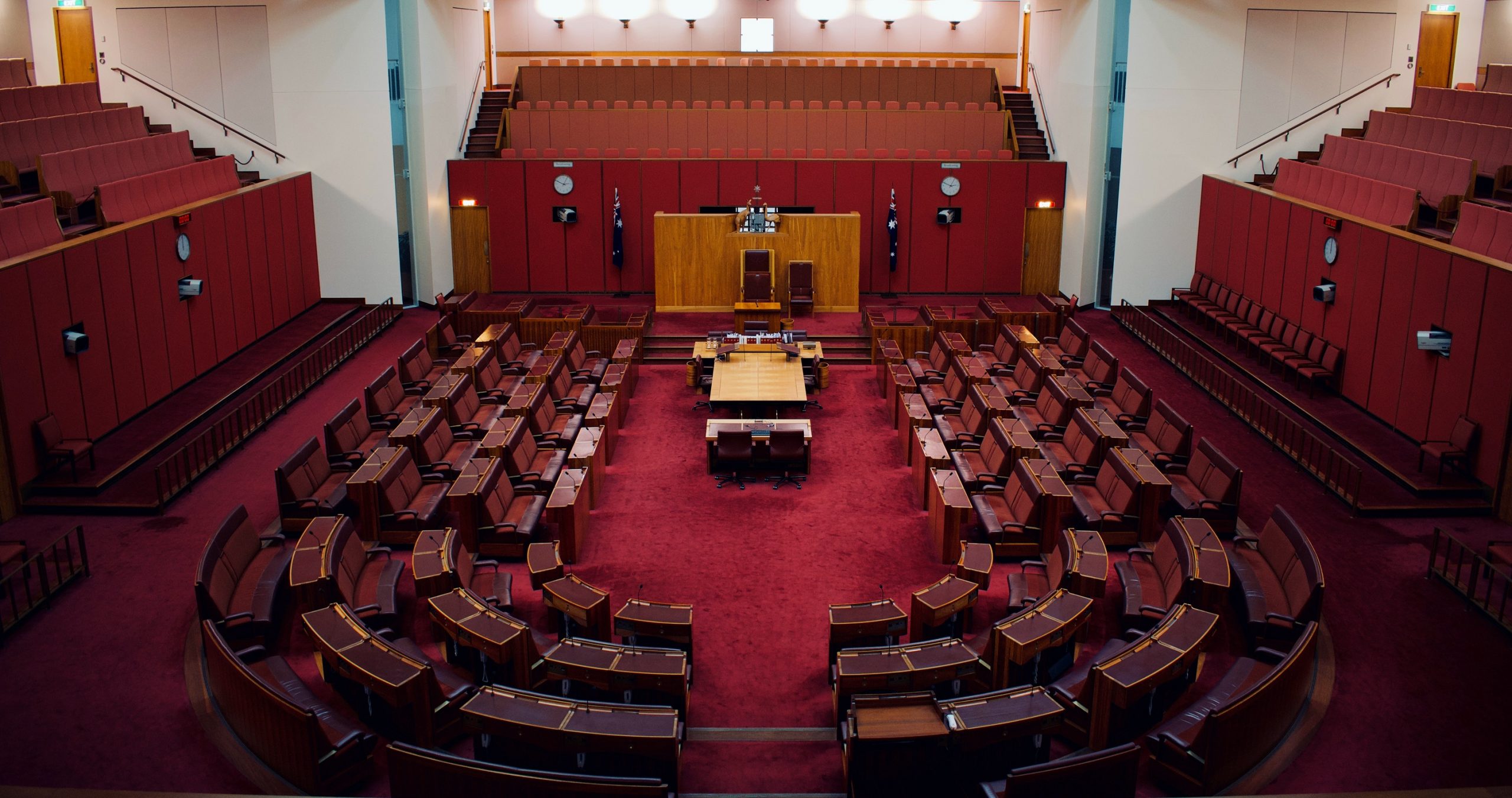Australian self managed super funds have taken a step away from cryptocurrency investments over the last quarter, with property investments once again taking pole position as the number one most popular asset for Australian retirement planning.
The most recent bulletin on SMSF activity published by the ATO indicates that investors are more interested in both commercial and residential property, with an 11 percent increase in property assets held by self-managed super funds over the last 12 months.
The ATO has only recently begun tracking the rate at which self managed super fund holders invest in cryptocurrency, adding the crypto label to the SMSF statistical report to the 2019 SMSF annual return. The data provided by the report, however, reveals an impressive amount of capital directed towards the cryptocurrency market by SMSF holders.
Australian SMSFs currently invest $137 million in the cryptocurrency market. The total amount of SMSF capital invested in crypto has fallen over the last quarter from $142 million, but represents a significant amount of confidence in the relatively volatile crypto market when compared to traditional asset classes.
Younger Generation Actively Investing in Cryptocurrency SMSFs
While cryptocurrency remains a popular asset for SMSFs, a return to property investments has seen residential property assets held by SMSFs increasing by 11 percent to $39 billion, with commercial property assets increasing by 9 percent to $73 billion.
Asset distribution data published by the ATO reveals that the SMSFs valued at less than $50,000 hold the greatest percentage of cryptocurrency investments, reflecting the relative popularity of cryptocurrency investments with younger investors and SMSF holders.










